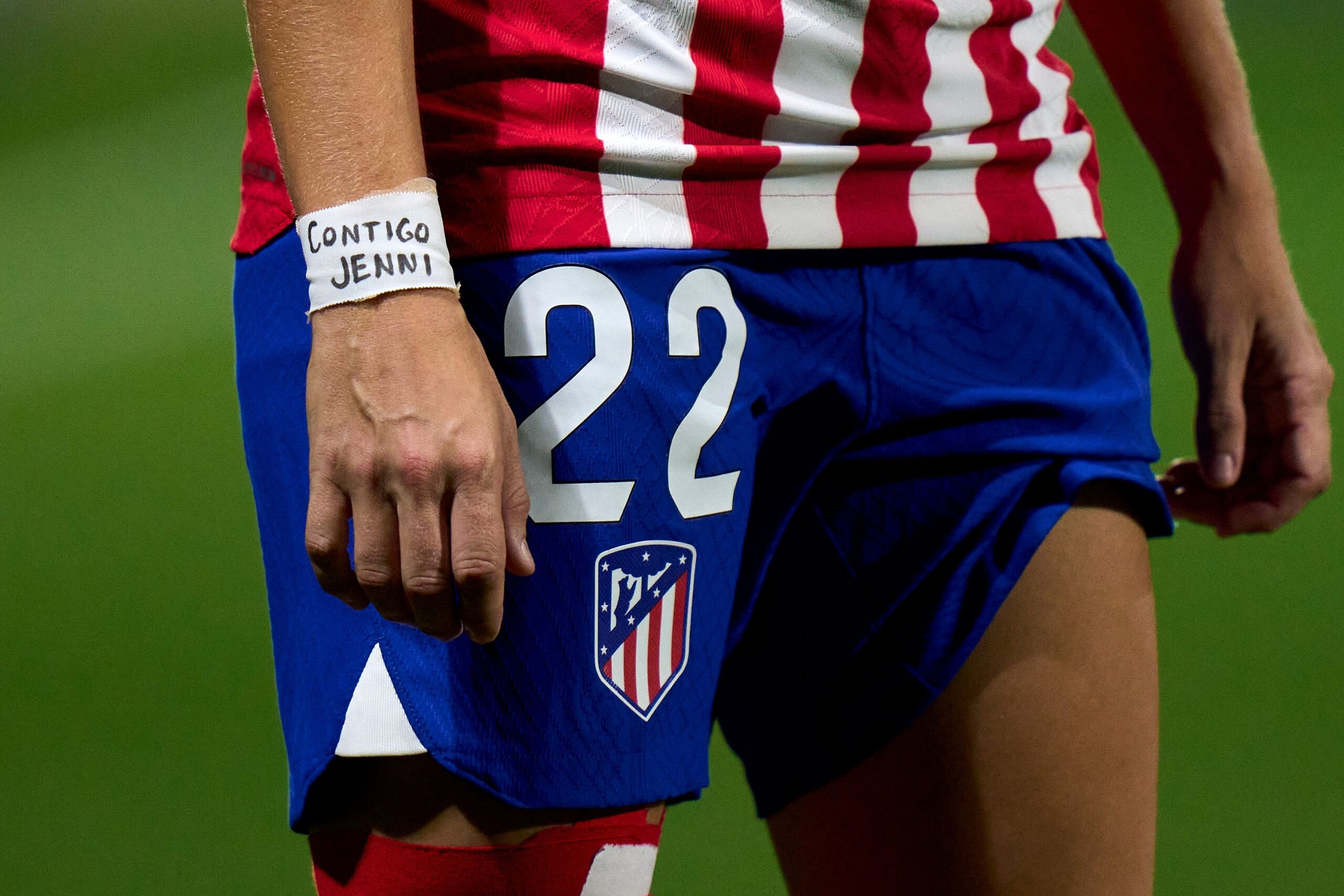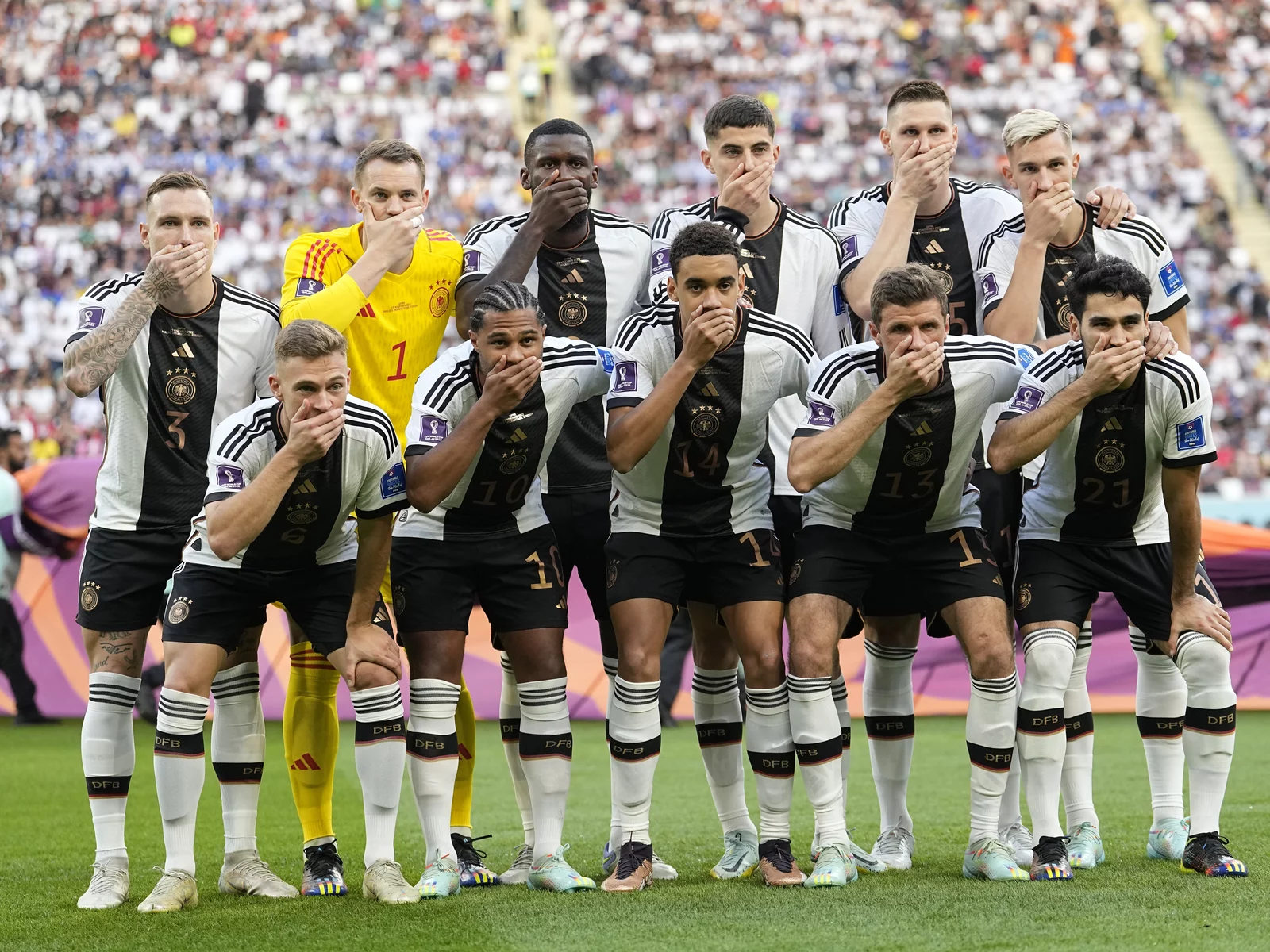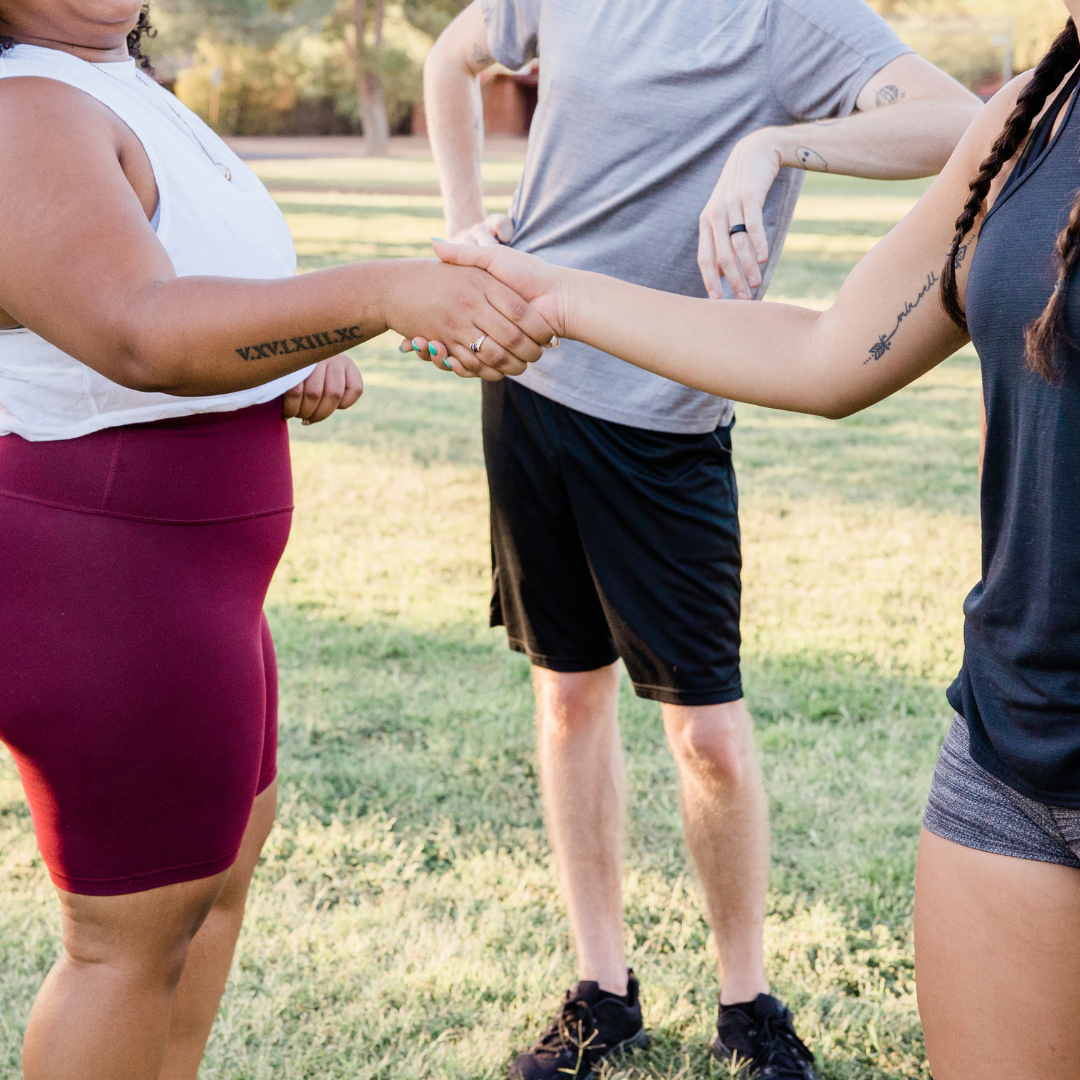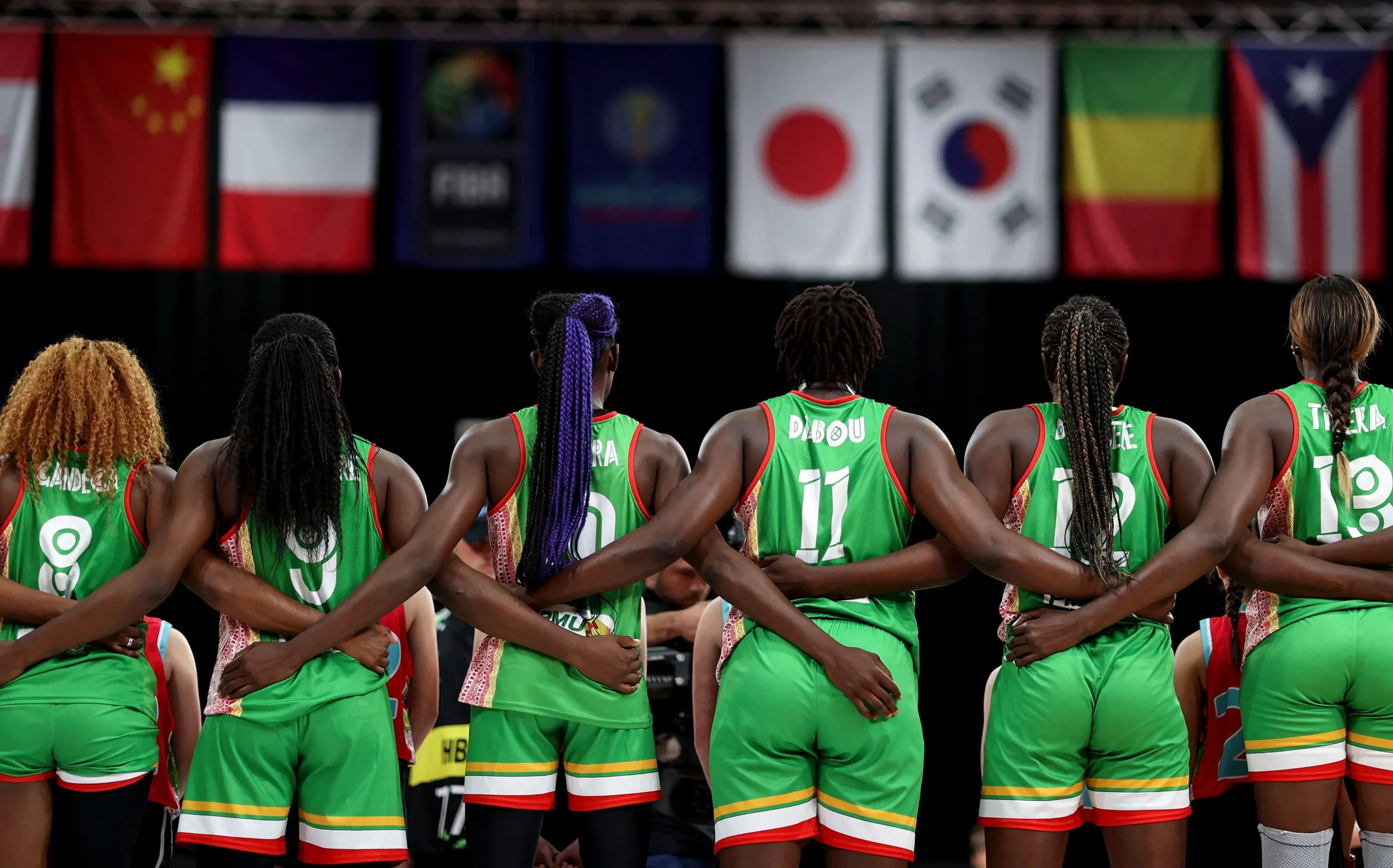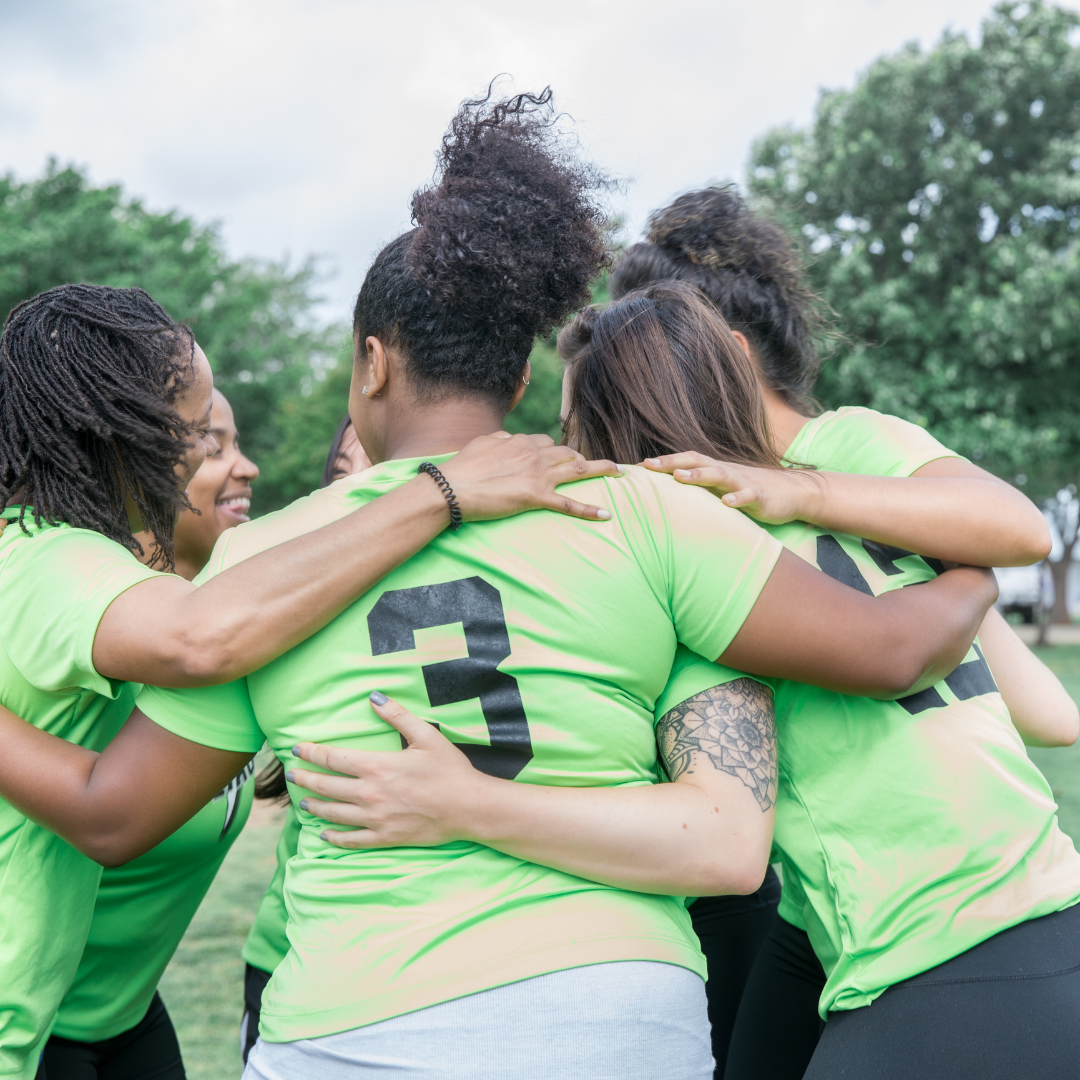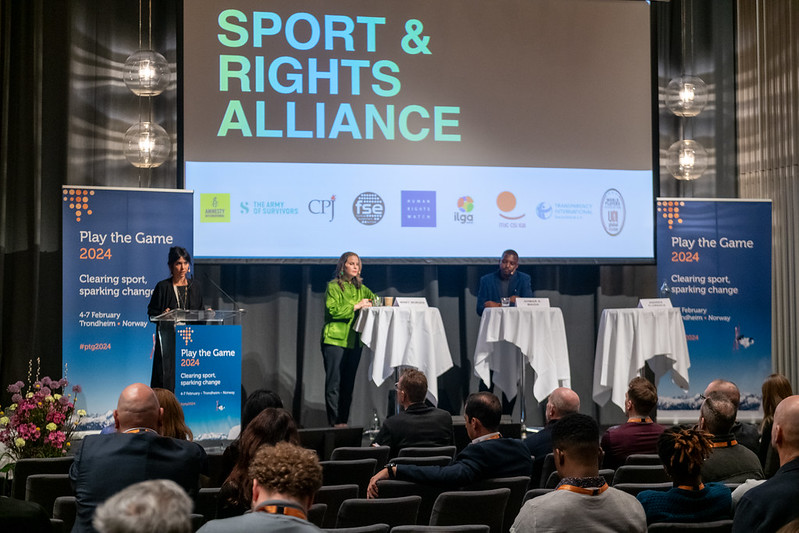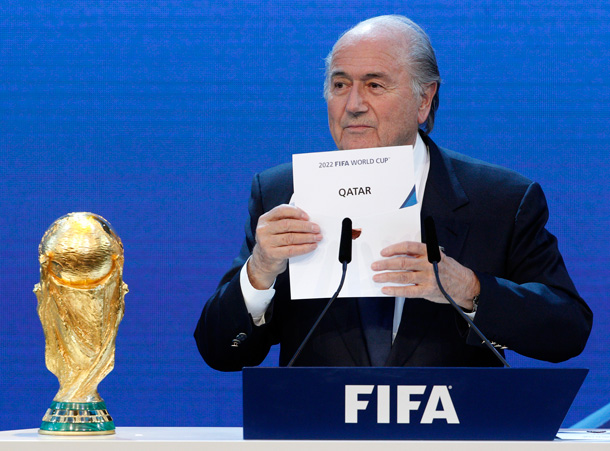
In relation to major sporting events, like the World Cup or the Olympic Games, Amnesty International distinguishes two forms of human rights violations.
• Violations directly related to the staging or hosting of the event. Examples are forced evictions carried out to construct sports stadiums or other infrastructure, or labour exploitation in the construction sector involving people working on sporting event infrastructure.
• Human rights violations that are not directly related to the event, but where there is a risk of increased violations during or in connection with the event. For example, if the host state represses the freedom of expression because the authorities don’t want insurgents to attract attention once the eyes of the world are on the country.
Four parties can be held responsible for these violations.
1. The host state
Naturally, the national government has the ultimate responsibility for human rights violations in its country. It makes no difference whether these violations are committed by the state itself or by “non-state actors” like companies. But the authorities are not the only ones responsible.
2. Organizing bodies
International organizations like FIFA and the International Olympic Committee (IOC) have a “responsibility to respect” human rights. This means they have to conduct adequate due diligence in order to prevent that organizing the World Cup or Olympics causes human rights violations or contributes to them.
It is legitimate to hold organizing bodies to account on human rights violations related to organizing or hosting a sports event. When the violation is committed by the government or an enterprise that is involved with the event, Amnesty will point out the relationship of the event to FIFA or IOC. In that case, FIFA or IOC should act to end the violation.
Naturally, the influence of organizing bodies is limited when the state violates human rights. Therefore, Amnesty asks the organizers to lay down in advance in binding documents that host countries respect and protect human rights in the context of the sporting event.
Amnesty International will not address FIFA and IOC on the general human rights situation in a country. But we will seize the opportunity of a sporting event to urge the government to take measures against violations.
3. Sponsoring companies
All companies have a responsibility to respect human rights. They have to prevent infringements on these rights and act with utmost care to ensure that their business relations do not have a damaging effect. This is part of the United Nation’s Guiding Principles on Business and Human Rights. These principles are not legally binding, but they form a widely accepted standard which was endorsed by the UN Commission of Human Rights.
A company is also responsible for not sponsoring an organization or event that causes human rights violations or contributes to them. We ask sponsors to express their concerns towards the organizer about violations in the context of the sporting event. If the organizer itself commits the violations or is an accessory to them, sponsoring the event is inappropriate and in violation of the responsibility of companies.
4. Companies involved in a sporting event
Companies can be involved in a sporting event in many different ways – from building a stadium to selling merchandise. The same goes for these companies: they have a responsibility to respect human rights.
